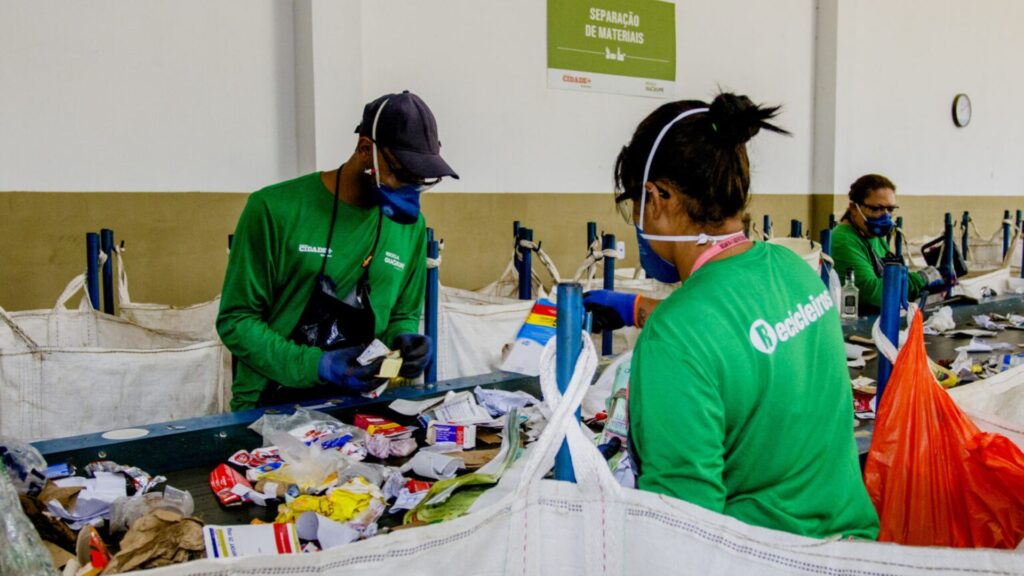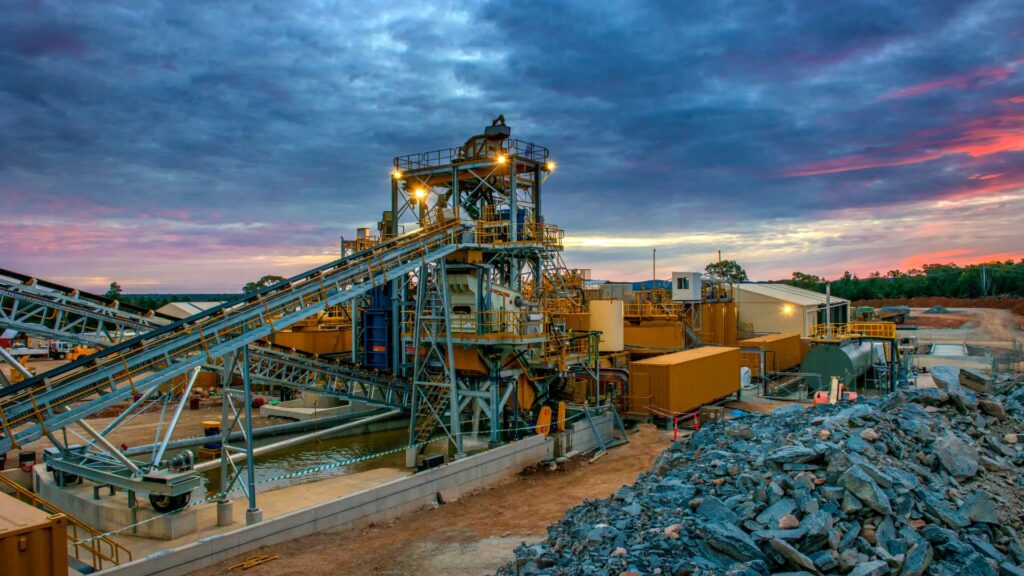Success Story: How Instituto Recicleiros is Transforming Recycling in Brazil
Recycling in Brazil has advanced significantly in recent years, and one of the key drivers of this transformation is the Instituto Recicleiros. As a non-profit organization, Recicleiros has stood out for its innovative approach, promoting technological and social solutions to enable an ethical recycling chain in Brazilian municipalities. The Role of Recycling in Combating Climate Change Recycling is not just a waste management solution; it is also a fundamental strategy for mitigating the impacts of climate change. Currently, around 4% of greenhouse gas (GHG) emissions in Brazil come from the solid waste sector. Of these, 64.1% result from improper waste disposal in open dumps, controlled landfills, and sanitary landfills. The adoption of sustainable and integrated waste management practices, such as recycling and the circular economy, can significantly reduce these emissions. Materials like plastic, glass, paper, metal, and cooking oil, when recycled, prevent the release of methane—a gas 82.5 times more impactful than carbon dioxide (CO₂) over a 20-year period. The Recicleiros Model: Integration and Sustainability The major differentiator of Instituto Recicleiros is its ability to integrate various stakeholders in the recycling chain, including municipal governments, companies, and waste pickers, ensuring a sustainable, inclusive, and economically viable system. Through the Recicleiros Cidades Program, the organization helps municipalities implement a structured selective collection and recycling system, from waste management to training public managers and waste pickers. With a focus on efficiency, the program provides technical support for the creation of Recyclable Material Processing Units (UPMRs). These units are designed to ensure safety, ergonomics, and efficiency in waste sorting and processing, providing better working conditions for waste pickers and increasing the profitability of recycling. The Urgency of Collective Action For recycling to have a significant impact, active participation from governments, industries, and citizens is essential. Instituto Recicleiros plays a crucial role in this context, acting as a bridge between municipalities, businesses, and waste pickers. The organization trains public managers to implement efficient recycling policies, supports the development of recycling cooperatives, and carries out socio-environmental education initiatives, fostering a more engaged and efficient recycling chain. Currently, Recicleiros is present in 14 municipalities across Brazil’s five regions, including cities such as Guaxupé (MG), Naviraí (MS), Caldas Novas (GO), Serra Talhada (PE), São José do Rio Pardo (SP), and Campo Largo (PR). Conclusion Instituto Recicleiros exemplifies how the combination of innovation, technology, and social inclusion can transform waste management in Brazil. Its circular approach not only promotes environmental sustainability but also generates a significant social impact, creating job opportunities and improving the quality of life for communities across the country. The future of our planet depends on the choices we make today. Recycling is not just an economic process; it is a powerful tool against climate change. Governments, businesses, and citizens all have an essential role in building an efficient and sustainable recycling system. If you want to learn more about Recicleiros’ initiatives or contribute to this transformation, visit the official website: https://recicleiros.org.br.Together, we can make recycling in Brazil a true success story! This article was written in collaboration with Janayna Rodrigues from Instituto Recicleiros.
Success Story: How Instituto Recicleiros is Transforming Recycling in Brazil Read More »


